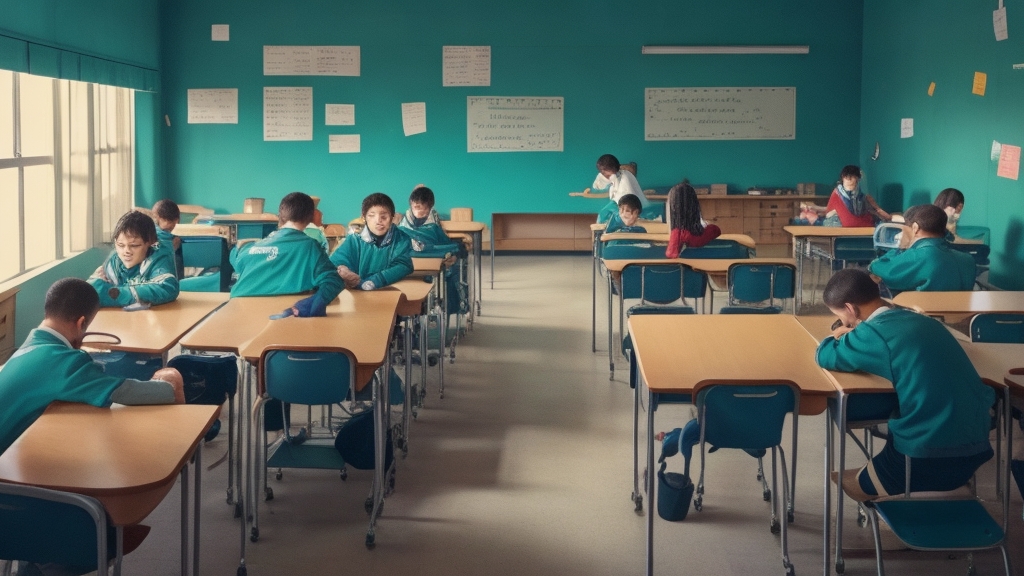Introduction:
Dyslexia, a neurological condition affecting language processing and reading abilities, has long perplexed researchers, educators, and individuals who live with this unique learning difference. It challenges the conventional understanding of literacy and highlights the intricate nature of human cognition. Through a comprehensive exploration of dyslexia, we aim to shed light on this enigmatic condition, dispel misconceptions, and foster a deeper appreciation for the diverse ways in which our brains perceive and process information.

Understanding Dyslexia:
Dyslexia is not a result of laziness, lack of intelligence, or poor vision. It is a specific learning difference that affects the way individuals process language, particularly written words. The condition occurs across a spectrum, manifesting differently in each person. Common traits include difficulties with decoding, spelling, reading fluency, and phonological awareness. However, it is important to recognize that this learning disability is not solely characterized by weaknesses; individuals often demonstrate strengths in areas such as creativity, problem-solving, and critical thinking.
Neurological Underpinnings:
Neuroscientific research has revealed fascinating insights into the brain mechanisms associated with dyslexia. Studies using functional magnetic resonance imaging (fMRI) have shown atypical patterns of brain activity during reading tasks. Regions responsible for phonological processing, such as the left inferior parietal cortex, have been found to exhibit differences in activation and connectivity. These findings underscore the notion that dyslexia is rooted in the brain’s structure and function.
The Role of Genetics:
While the exact causes of this disorder remain complex and multifaceted, genetic factors play a significant role. Research indicates that dyslexia tends to run in families, suggesting a hereditary component. Certain genes involved in brain development and the formation of neural connections have been implicated in dyslexia. However, it is important to note that genetics alone do not determine the presence or severity of dyslexia, as environmental factors also contribute to its manifestation.
Challenges and Compensatory Strategies:
Living with dyslexia can present various challenges in educational, professional, and personal contexts. Difficulties in reading comprehension and written expression may impact academic performance, self-esteem, and overall well-being. However, with the right support and strategies, individuals with dyslexia can navigate these challenges and harness their unique strengths. Assistive technologies, such as text-to-speech software and speech recognition tools, provide valuable aids for reading and writing tasks. Additionally, the implementation of multisensory and phonics-based instructional approaches can enhance learning outcomes for dyslexic learners.
Embracing Neurodiversity:
Dyslexia is a striking example of neurodiversity, a concept that recognizes and values the natural variation in human brains and the diverse cognitive profiles they generate. Embracing neurodiversity involves moving beyond a deficit-based perspective and acknowledging the valuable contributions individuals with this disorder bring to society. Many dyslexic individuals possess exceptional spatial reasoning, visual thinking, and problem-solving abilities, making significant contributions in fields such as art, design, engineering, and entrepreneurship. By fostering inclusive environments that celebrate neurodiversity, we can unlock the untapped potential of these individuals and create a more equitable world.

Education and Advocacy:
Raising awareness about dyslexia is crucial for promoting understanding, empathy, and support. Educational institutions should strive to implement dyslexia-friendly practices, including early screening and intervention, teacher training in dyslexia awareness, and the provision of appropriate accommodations. Governments and policymakers also have a role to play by ensuring that legislation supports the rights and needs of individuals suffering from this disorder. By advocating for inclusive education, we can empower those with dyslexia to thrive

